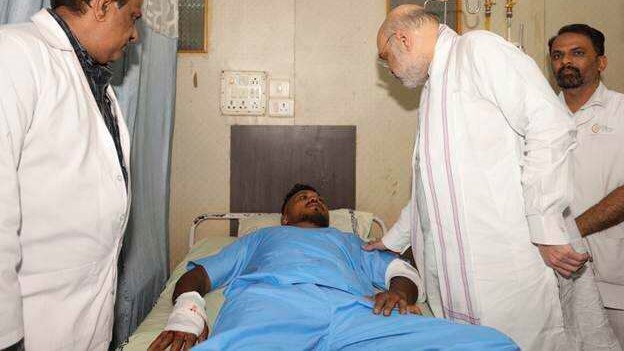No end in sight for ADHD drug shortage. Experts offer coping tips for between prescription refills

For the roughly 10 million adults and six million children in the U.S. diagnosed with ADHD, getting a prescription filled with the exact medication ordered by a physician is a challenge.
The FDA first acknowledged a shortage for these medications more than a year and a half ago. Prescriptions for Ritalin, Adderall and dozens of other attention deficit hyperactivity disorder medications have been hard to access while demand continues to increase.
"It's unfortunate, but when you don't have your medication, you're going to unfortunately have those symptoms of ADHD," said Dr. Rishma Chand, pediatrician at Dignity Health Northridge Hospital.
According to Chand, prescriptions for Adderall went up to almost 35% in the last few years.
The shortage initially began in late 2022. Government agencies like the DEA blame manufacturers for production delays, but manufacturers blame regulators for limiting how much they can make. As a result, medications aren't being made fast enough to keep up with the national demand.
Sharaon Aretsky's 12-year-old son needs his daily ADHD medication, but the lack of supply has forced them to conserve any prescription fulfillment they can get their hands on. That's when her son's problems with focus returned.
"He tends to drift and has a hard time staying on task," she said.
With no clear end to the shortage in sight, parents like Aretsky have to go to multiple different pharmacies to find their child's available prescription.
"I had to call around to different pharmacies repeatedly and get back in touch with my pediatrician and say 'the pharmacy is out,'" she said.
Aretsky's pediatrician recommended trying different formulas and dosages, although some insurance plans may not cover alternative medications, prompting another barrier for ADHD patients.
"You could try a different type of medication or switch from generic to non-generic or try to refill the medication as soon as you can, as soon as the pharmacy allows you to fill it," Chand said.
Finding the right prescription could take some time and is not a foolproof solution, but doctors say there are non-medical strategies you can use.
"Try behavioral modifications," Chand said. "It takes a lot of effort for them to partake in it, but it is something that you can resort to."
Using those strategies, Aretsky said her son has been able to retain focus in school. However, she hopes the shortage will end soon.







